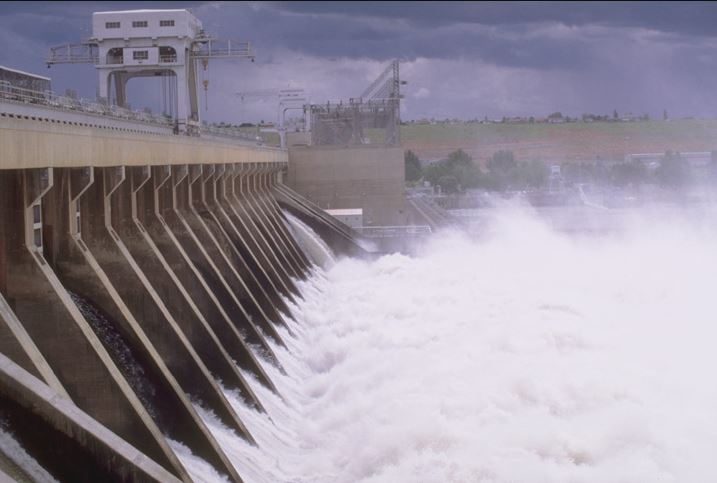“Increased spill over the dams has the potential to be a win-win for salmon, orca, and power generation,” said Heather Bartlett, Ecology’s Water Quality program manager. “We are at a critical time for our orca and salmon. This is a change we can make relatively quickly to help with the long-term recovery efforts.”
Taking action to allow more spill over the dams is one of the Southern Resident Orca Task Force recommendations to the Governor. Salmon runs on the Snake and Columbia rivers include Chinook, the Southern Resident orca’s primary food.
Increasing spill over dams leads to an increase in gases in the water, mainly nitrogen and oxygen. There is a water quality standard for this, called Total Dissolved Gas, and Ecology is proposing to change the amount of gases allowed in the water for the Snake and Columbia rivers.
Studies show dam spillways are safer routes for fish migrating downstream, when compared to passing through the turbines. This means spilling more water at specific times could allow more juvenile salmon to make it to the ocean, eventually leading to more prey for orca and more adult salmon returning to spawn.
The proposed changes are specific to the spring spill season – April through June – when large amounts of runoff from melting snowpack typically lead to high water flows in the river systems.
There is a risk with increasing the amount of gases, as it can harm aquatic life through a condition called ‘gas bubble trauma’. The proposed changes aim to minimize the potential negative effects, while improving salmon passage and survival.
Ecology is accepting feedback on the proposed changes from July 31 through Sept. 26. More details on the proposal, information on public hearings, and instructions on how to submit comments are available on Ecology’s rulemaking webpage.
Ecology made a short-term change to the Total Dissolved Gas standard earlier this year, to support the new agreement for flexible spill operations at the four lower Snake and Columbia river dams. The changes Ecology is proposing now would be permanent.
In addition to proposing changes to the Total Dissolved Gas standards, Ecology is taking comment on three other revisions to different parts of the water quality standards. Ecology is proposing these other changes due to a 2018 legal agreement with U.S. EPA and the Northwest Environmental Advocates, and to clarify the descriptions of marine water aquatic life designations. The full description of these changes is in the rulemaking proposal.


